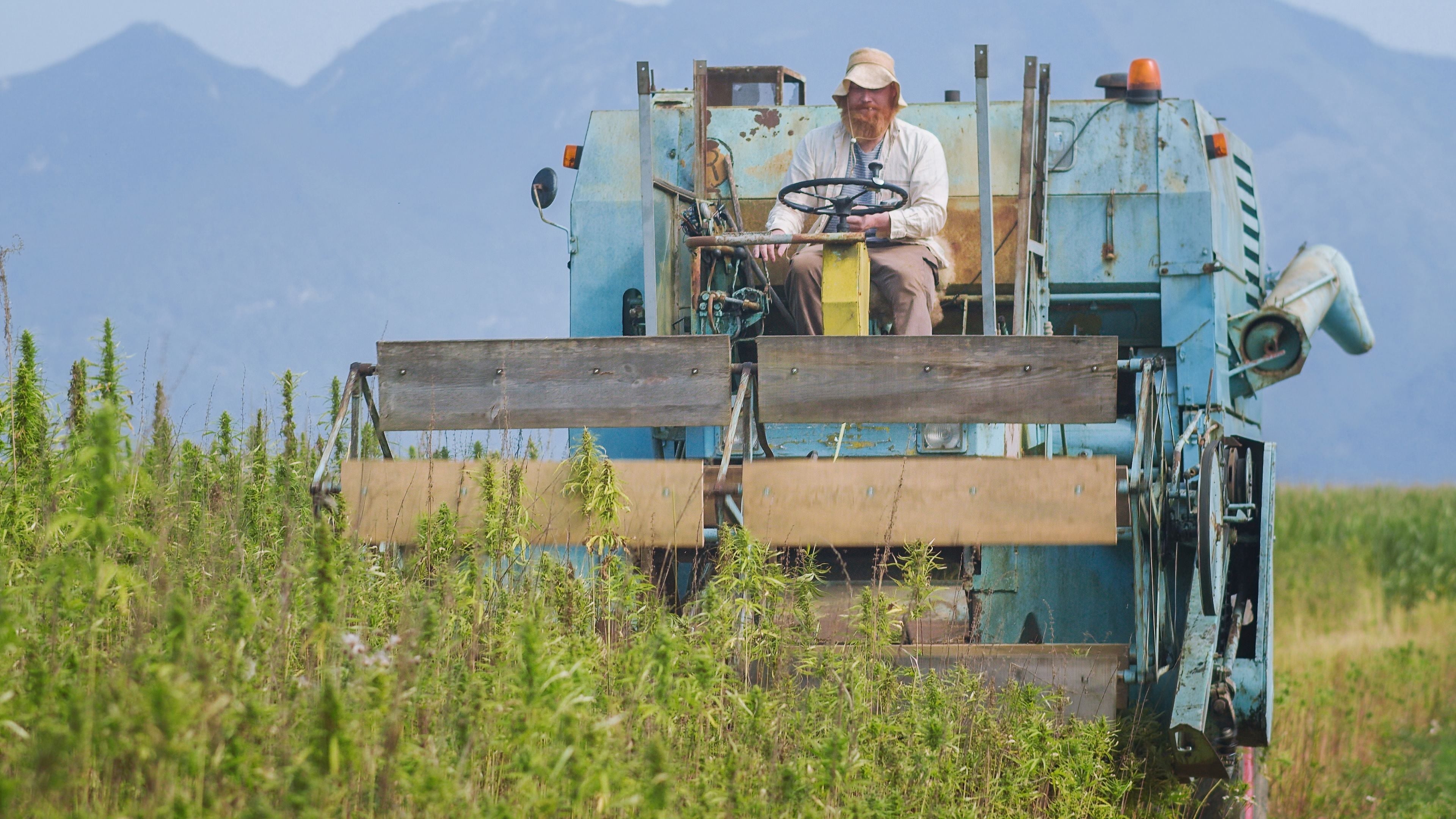
The National Football League (NFL) and the NFL Players Association are seeking information about opioid-free options for pain management. The official request for information lists an interest specifically in “cannabinoids such as cannabidiol (“CBD”).”
The request for information, which was published Feb. 16, also calls for information regarding how cannabinoid use affects athletic performance.
Does the NFL drug policy allow cannabinoids?
Although cannabis has been against the NFL’s drug policy for many years, this ban was lifted in 2020 as a result of a collective bargaining agreement. Since then, players were not at risk of being suspended from games if they tested positive for any drug, including marijuana.
This change reportedly represents the league’s shift in focus from punishment to concern. Now, players who test positive for drugs are reportedly required to enter an intervention program for an evaluation and potential treatment plan.
Players who repeatedly fail drug tests risk losing an increasing percentage of their salary. If a player tests positive for drug use after participating in an intervention program, he would reportedly lose a half a week of his salary. The second violation would result in a one-week salary loss. The third violation would result in a two-week salary loss. The fourth and any subsequent violations would result in a three-week salary loss.
However, it is important to note that CBD is not the same as marijuana and does not get people high. CBD is one of many cannabinoids that can be included in a cannabis plant. Tetrahydrocannabinol (THC) is another cannabinoid that comes from cannabis.
Most CBD comes from hemp, a type of cannabis that contains less than 0.3% THC. Cannabis plants that contain more than 0.3% of the psychoactive compound THC are considered marijuana, which is a Schedule 1 drug.
Has the NFL ever considered CBD an option before?
In the interest of finding opioid alternatives for players, the joint NFL-NFLPA Pain Management Committee conducted two informational forums on CBD in 2020. The purpose of these forums was to “learn about the current state of CBD science and manufacturing in North America,” according to the official request for information. However, the committee reportedly seemed unsatisfied by the results of the forums.
“CBD is a promising compound, but the level of its use in the United States outpaces the level of research at this point,” the committee reportedly wrote last year in a white paper for players. “Most of the hype about CBD is based upon results from animal studies.”
It is unclear what changed the committee members’ minds, but the recently released request for information asks researchers to submit information about pain management options including CBD and other cannabinoids.
“Now the [Pain Management Committee] is turning its attention to identifying potential research opportunities aimed at supplementing the [Pain management Committee’s] knowledge about pain management and the potential effect(s) of pain on performance in NFL players,” states the official request for information.
It also clarifies that the NFL is not committing to funding any specific study. It states that the request is for information only.
What potential does CBD have for helping athletes?
A recent CNET article reports that a growing number of athletes are using CBD as a “quasi-performance enhancement supplement.” Some of these people reportedly claim that CBD has helped them experience pain relief, better sleep and quicker muscle recovery.
However, the article takes a closer look at related research and asserts that CBD can benefit athletes in more indirect ways than direct ones.
It reports that there is not enough research to prove that CBD directly relieves pain, but that studies have shown that CBD directly reduces inflammation. It suggests that because reduced inflammation usually results in reduced pain, CBD is likely to reduce pain at least in an indirect way.
The article also suggests there is a need for more research on the effects of CBD on sleep because existing studies have “yielded mixed results.” Some of the more promising studies have reportedly shown that CBD can be helpful when treating sleep disorders and raw cannabis flower can be helpful in inducing sleep. The article also claimed that CBD might reduce cortisol levels, which could mean that it indirectly helps people sleep better.
CBD’s effect on muscle recovery could also occur indirectly, according to the article. It claims that CBD may improve muscle recovery by reducing inflammation and improving sleep. The body repairs tissue during sleep, so it makes sense that better sleep could result in better muscle recovery.
Consumer interest in CBD has blown up in recent years, and some of the most common reasons consumers purchase these products are for pain relief, inflammation reduction and improved sleep. The research is still catching up, but so many consumers report experiencing CBD’s healing properties that it may seem obvious why the NFL is giving CBD another chance.
Sources
[5] https://www.marijuanamoment.net/nfl-says-hype-over-cbd-isnt-backed-by-science/
[6] https://www.cnet.com/health/can-cbd-improve-your-workout-performance-its-complicated/








































